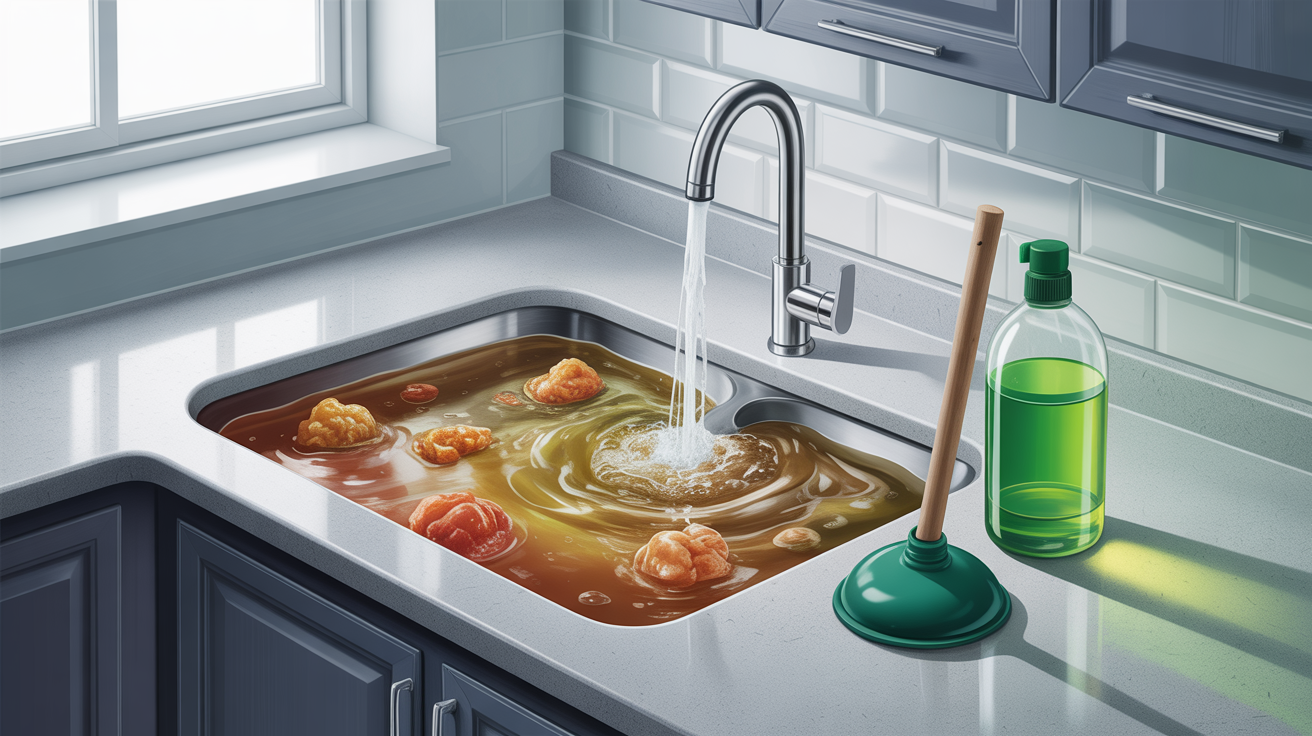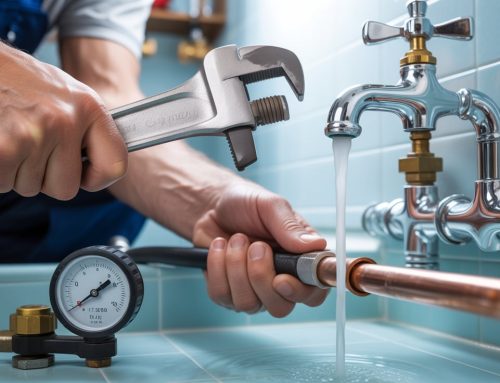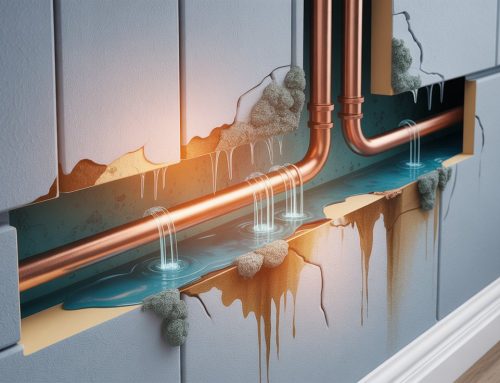Blocked Drains: Blocked drains are a common household issue that can disrupt daily life, cause unpleasant odors, and even lead to costly repairs if not handled properly. Whether it’s a slow-draining sink, a clogged toilet, or a backed-up sewer line, understanding how to address the problem effectively is crucial. This article provides a comprehensive guide on what to do and what to avoid when dealing with blocked drains, along with practical tips and preventive measures to keep your plumbing system in top shape.
Understanding Blocked Drains
What Causes Blocked Drains?
Blocked drains occur when foreign materials obstruct the flow of water through pipes. Common culprits include:
- Hair and Soap Scum: These often accumulate in bathroom drains.
- Food Waste and Grease: Kitchen sinks are prone to clogs from grease and food particles.
- Foreign Objects: Items like sanitary products, wipes, or toys can block toilets.
- Tree Roots: These can infiltrate outdoor sewer lines, causing severe blockages.
Signs of a Blocked Drain
Recognizing the early signs of a blocked drain can prevent bigger issues. Look out for:
- Slow drainage in sinks, showers, or tubs.
- Gurgling sounds from pipes.
- Foul odors emanating from drains.
- Water pooling around drains or in unexpected areas.
What You Should Do
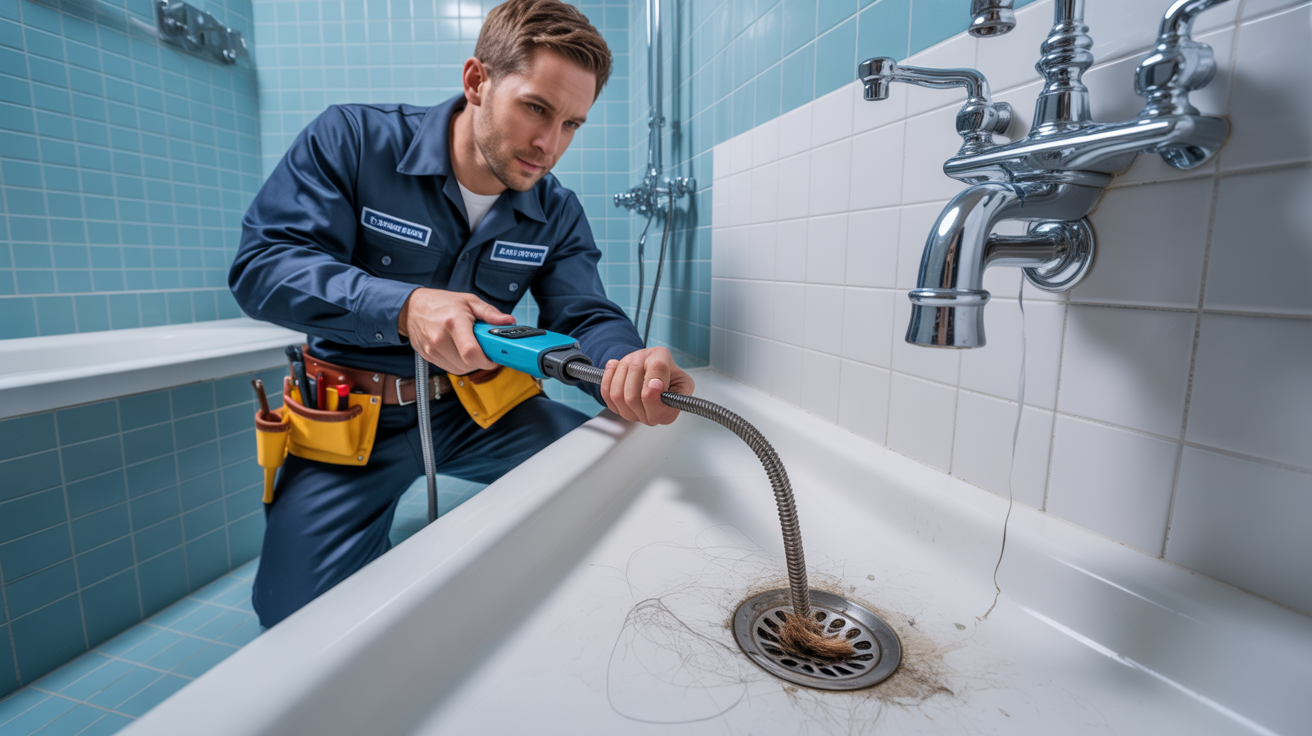
Blocked Drains? Here’s What You Should and Shouldn’t DoBlocked Drains? Here’s What You Should and Shouldn’t Do
Immediate Actions to Take
Check the Severity
Assess whether the blockage affects a single drain or multiple fixtures. A single clogged drain might be a localized issue, while multiple affected drains could indicate a problem in the main sewer line.
Try a Plunger
For minor clogs, a plunger can be highly effective. Use a cup plunger for sinks and a flange plunger for toilets. Ensure a good seal and plunge vigorously to dislodge the blockage.
Use Boiling Water
Pouring boiling water down the drain can dissolve grease and soap scum. This works well for kitchen sinks but avoid using it on PVC pipes, as high temperatures can damage them.
Safe Home Remedies
Baking Soda and Vinegar
Combine half a cup of baking soda with half a cup of vinegar and pour it down the drain. Let it sit for 15-20 minutes, then flush with hot water. This natural solution can break down organic material.
Dish Soap and Hot Water
For grease clogs, mix a few tablespoons of dish soap with hot water and pour it down the drain. The soap helps break down greasy residue.
When to Call a Professional
If plunging or home remedies don’t work, or if you notice recurring clogs, it’s time to call a licensed plumber. Professionals have tools like drain snakes and hydro-jetters to clear stubborn blockages safely.
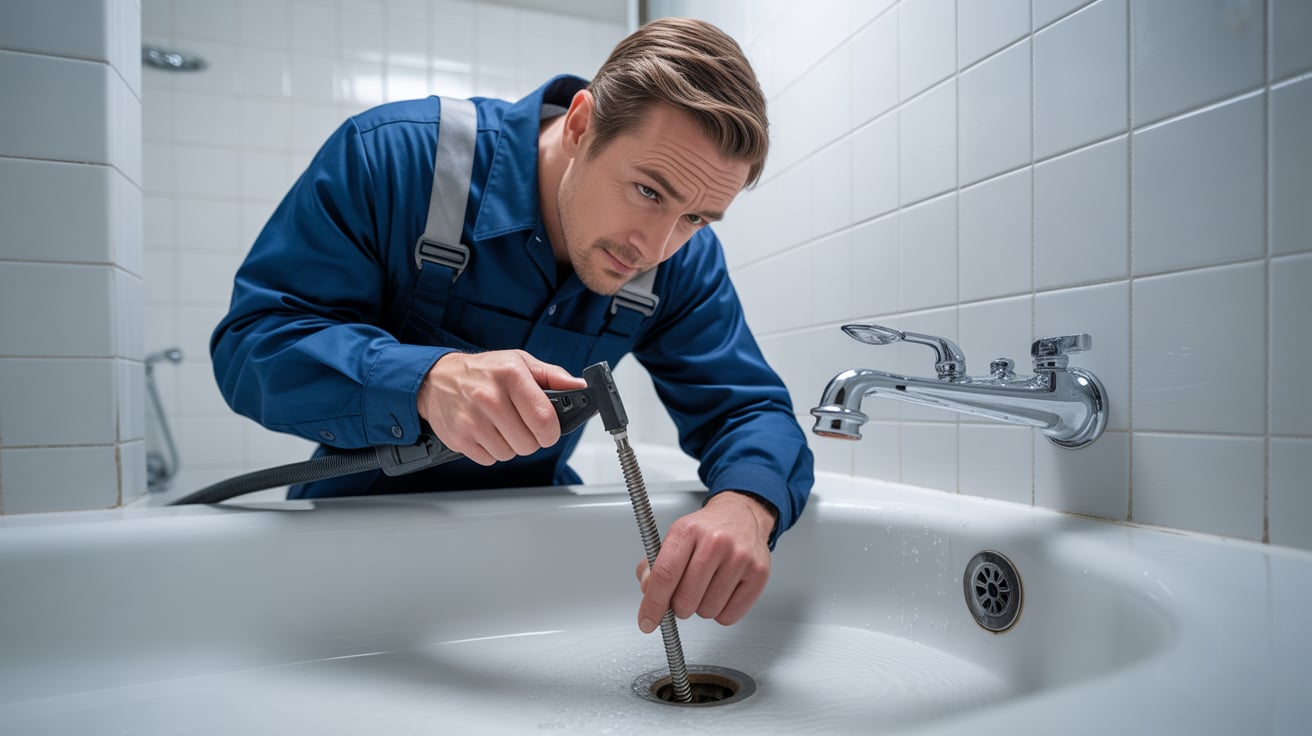
Blocked Drains? Here’s What You Should and Shouldn’t DoBlocked Drains? Here’s What You Should and Shouldn’t Do
What You Shouldn’t Do
Avoid Harsh Chemical Drain Cleaners
Chemical drain cleaners can corrode pipes, harm the environment, and pose health risks. They may also fail to clear tough clogs, wasting time and money.
Don’t Ignore Persistent Issues
Ignoring a slow drain or recurring clog can lead to more severe problems, like pipe damage or sewage backups. Address issues promptly to avoid costly repairs.
Don’t Flush Inappropriate Items
Never flush items like wipes, sanitary products, or cotton balls down the toilet. These can accumulate and cause significant blockages.
Avoid DIY Pipe Disassembly Without Expertise
Unless you’re experienced, avoid dismantling pipes to clear a clog. Incorrect handling can lead to leaks or further damage.
Preventive Measures
Regular Maintenance
Clean Drain Stoppers
Remove and clean drain stoppers or strainers weekly to prevent hair and debris buildup.
Flush Drains Periodically
Flush drains with hot water or a baking soda-vinegar solution monthly to keep them clear.
Proper Waste Disposal
- Dispose of grease in a container, not down the sink.
- Use drain strainers to catch food particles and hair.
- Educate household members about what can and cannot be flushed.
Outdoor Drain Care
For outdoor drains, regularly clear leaves and debris to prevent blockages. Consider installing drain guards to keep out larger debris.
Advanced Solutions for Stubborn Blockages
Hydro-Jetting
Hydro-jetting uses high-pressure water to blast away tough clogs and clean pipe walls. It’s an eco-friendly solution best performed by professionals.
Drain Snaking
A drain snake, or auger, can reach deep into pipes to break up or retrieve blockages. Professionals use motorized versions for more stubborn clogs.
CCTV Drain Inspection
For recurring or mysterious blockages, a CCTV inspection can identify the cause, such as tree roots or pipe damage, without invasive digging.
Conclusion
Blocked drains are an inconvenience, but with the right approach, you can resolve them effectively and prevent future issues. By understanding what causes clogs, taking prompt action with safe methods, and avoiding common mistakes, you can keep your plumbing system running smoothly. Regular maintenance and professional help when needed will save you time, money, and stress in the long run.
FAQs
General Questions
- What are the most common causes of blocked drains?
Hair, grease, food waste, and foreign objects like wipes are the primary culprits. - How can I tell if my drain is blocked?
Slow drainage, gurgling sounds, foul odors, or water pooling are key signs. - Can a blocked drain resolve itself?
Minor clogs may clear with water flow, but most require intervention to prevent worsening. - Is it safe to use boiling water on all drains?
Boiling water is safe for metal pipes but can damage PVC pipes. Use warm water instead for PVC. - How often should I clean my drains?
Monthly flushing with hot water or a natural solution helps prevent clogs.
DIY Solutions
- Does baking soda and vinegar really work?
Yes, it can dissolve organic material and minor grease clogs effectively. - Can I use a plunger on any drain?
Yes, but use a cup plunger for sinks and a flange plunger for toilets. - What household items can clear a clog?
Baking soda, vinegar, dish soap, and hot water are effective for minor clogs. - How long should I let baking soda and vinegar sit?
Let the mixture sit for 15-20 minutes before flushing with hot water. - Can I use a coat hanger to unclog a drain?
A straightened coat hanger can work for shallow clogs but may push debris deeper if not careful.
Professional Solutions
- When should I call a plumber?
Call a plumber for persistent clogs, multiple affected drains, or suspected sewer issues. - What is hydro-jetting?
Hydro-jetting uses high-pressure water to clear clogs and clean pipes. - How much does professional drain cleaning cost?
Costs vary by location and severity, so contact local plumbers for estimates. - What is a CCTV drain inspection?
It’s a diagnostic tool using a camera to inspect pipes for blockages or damage. - Can tree roots cause blocked drains?
Yes, tree roots can infiltrate sewer lines, causing severe blockages.
Prevention Tips
- How can I prevent kitchen drain clogs?
Avoid pouring grease down the sink and use a drain strainer. - What should I avoid flushing down the toilet?
Don’t flush wipes, sanitary products, or anything other than toilet paper and waste. - How do I maintain outdoor drains?
Clear debris regularly and consider installing drain guards. - Can regular maintenance prevent all clogs?
While not foolproof, regular maintenance significantly reduces clog risks. - Are drain strainers effective?
Yes, they catch debris before it enters the drain, preventing many clogs.

